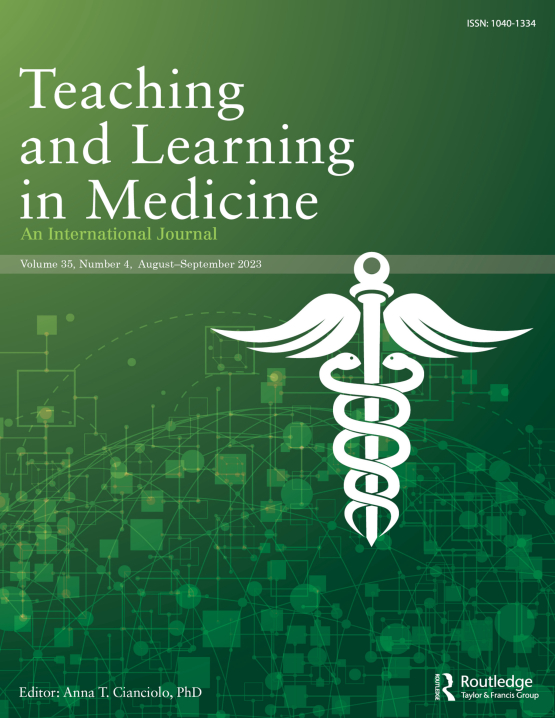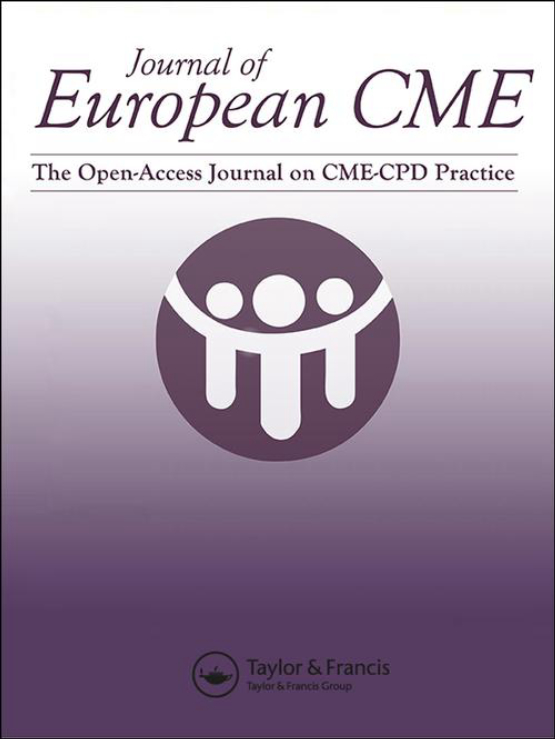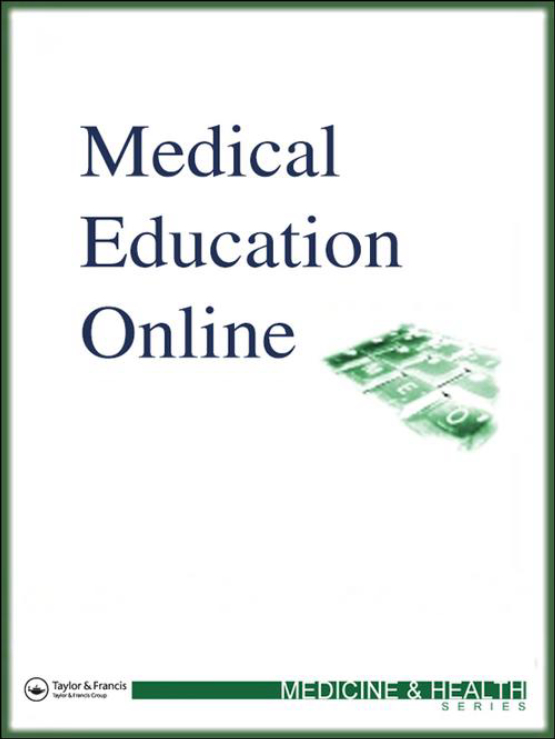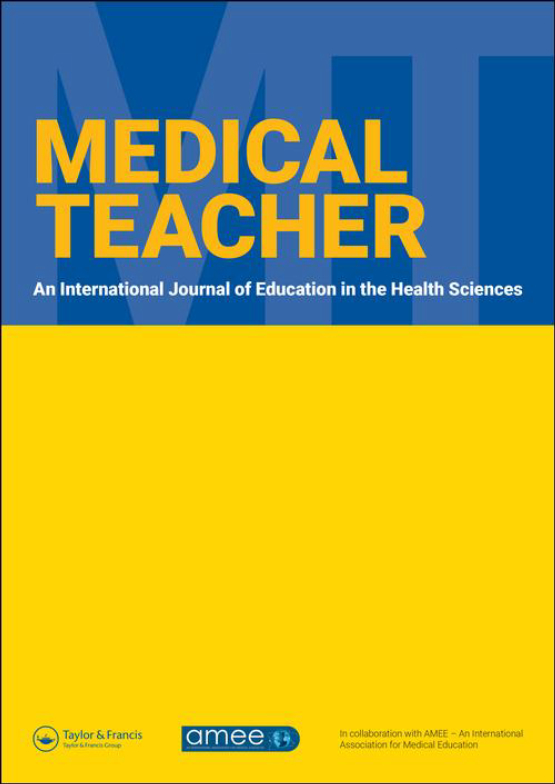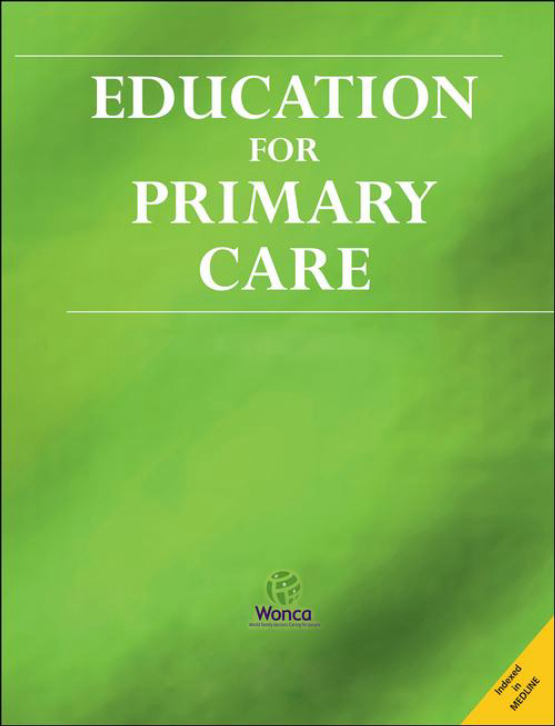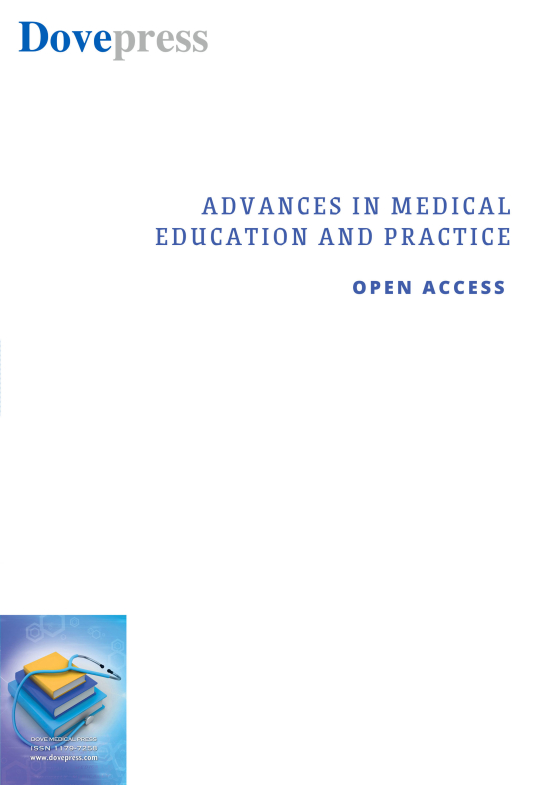Our Leading Medical Education Journals
Enabling your teaching ideas to flourish in the field
BROWSE JOURNALS NOWWhich journal will be the ideal home for your research?
Our specially curated medical education journals strive to share diverse research perspectives that fosters continuous clinical learners. We enable your best teaching ideas to flourish reaching medical practitioners in our global community. Our journals cover the top emerging trends in areas such as residency education, medical faculty development, and problem-based learning.
We offer a wide range of publishing options empowering you to choose to publish fully open access (OA) or hybrid open access to maximize your article’s discoverability. We are dedicated to support you in getting your emergent medical education research out quickly.

“What feels new about current work is growing interest in approaching it from an equity standpoint with the aim of making education accessible and rewarding for all. Along these lines, several studies published in TLM this volume year explore the role of identity in teaching and learning and examine the adequacy of medical education to meet the needs of diverse patient populations.”
Anna Cianciolo, Editor in Chief; Teaching and Learning in Medicine
Browse our Medical Education Journals:
TRENDING ARTICLES
The future of medical education and research: Is ChatGpt a blessing or blight in disguise?
With the rapid evolution of scientific literature and technology, experts rely more on new artificial intelligence models for convenience and easy access to needs.
IMPACTFUL RESEARCH
Twelve tips for the pre-brief to promote psychological safety in simulation-based education
It is recognised that simulation-based education can be stressful, and this can impact negatively on learning. A fundamental aspect of facilitating simulation is creating a safe educational environment.
Read more
“This was the best peer review I have ever had. It was timely, insightful and helped make our article even better. Comments were constructive.”
Published Author; Medical Teacher
Our Authors. Their Trending Research.
Check out the latest innovative models and teaching practices from our top Medical Education journals.

-Monnique Johnson, “Research as a Coping Mechanism for Racial Trauma: The Story of One Medical Student”Citation1
With the rapid evolution of scientific literature and technology, experts rely more on new artificial intelligence models for convenience and easy access to needs. The introduction of extensive language model tools by Google and Meta use programs by taking human prompts and devising sophisticated responses [Citation1].
Choosing Open Access
What is an article publishing charge? What are common sources of funding for gold open access? We’re here to guide you every step of the way to ensure your medical education research is accessible without barriers. That’s why we partner with global institutions and funders to support our authors.

SHARE THIS PAGE
